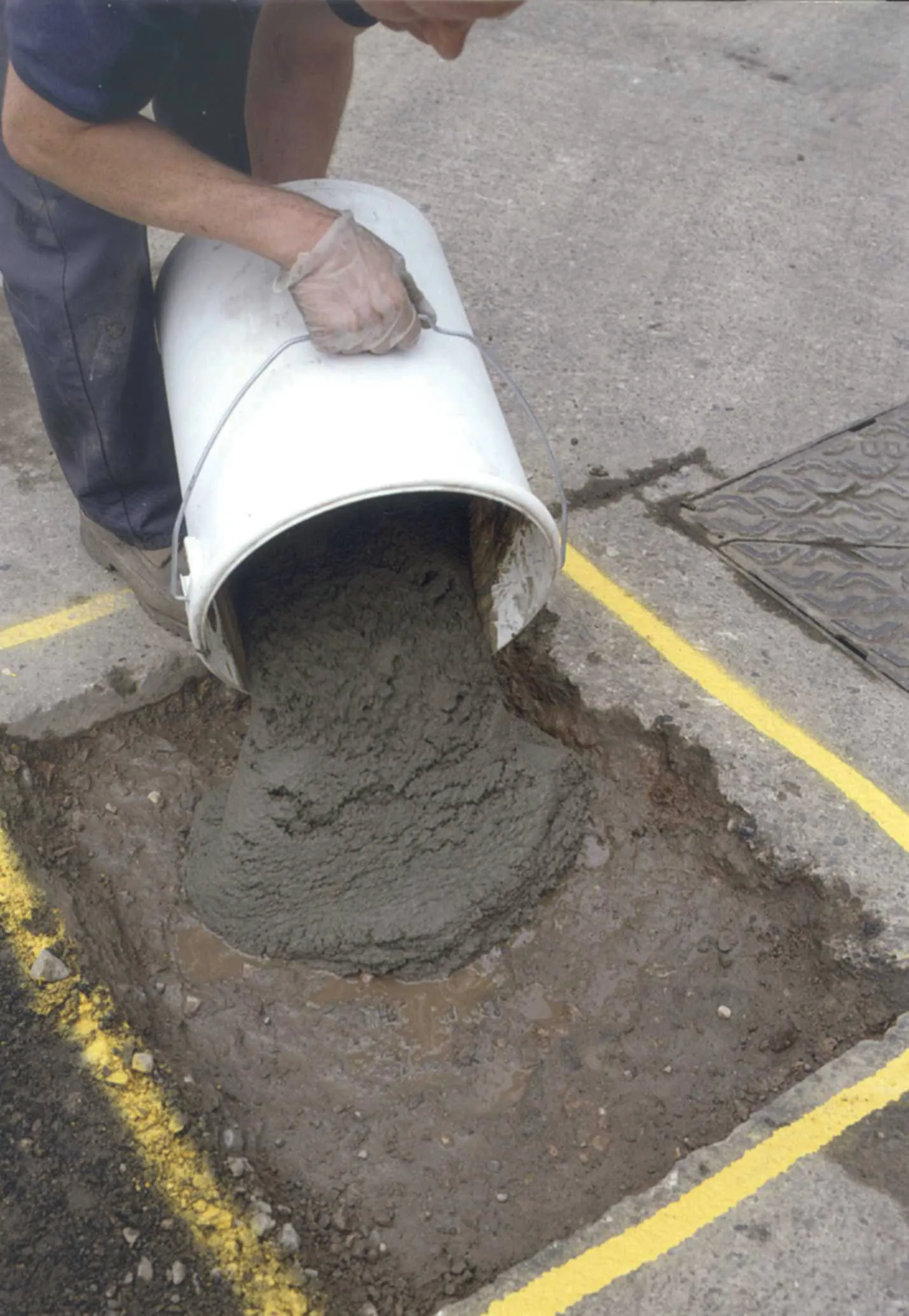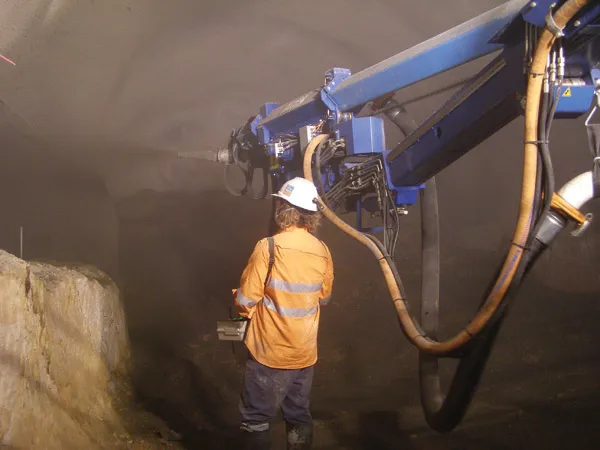According to the producer, Kalmatron Corporation, KALMATRON is highly versatile as it is a water reducer, plasticiser, waterproofing and shrinkage controlling agent, curing compound, corrosion inhibitor, cement class upgrading and high early strength admixture. The product is said to be simple to use and is added to each batch in dry powder form, while it can be utilised in pre-cast components as well as shotcrete.
Using it will prevent shrinkage cracks and deliver high resistance to freeze-thaw cycles, as well as making concrete 100% waterproof according to the producer. The product gives a high early strength of up to 60MPa (based on mix design) and is said to be both safe and non-toxic. It can be applied in temperature ranges from -22°C to 40°C and offers a high workability with low slump, while it can also be used for coating metal and concrete surfaces. The product also chemically inhibits the corrosive action of chlorides on reinforcing steel and pre-stressed strands in concrete according to the firm, while no curing is needed and it provides high resistance to chlorine, sea salt, acids and oils.
The product is versatile and can be used in a wide variety of applications including small forms and industrial precast forms, foundation pillars, monolithic slabs, roads, loading docks, yards, airport runways and highways.
Concrete additive boosts performance
The new KALMATRON concrete addtitive is said to reduce the risk of problems such as shrinkage cracks, leaking, flaking, slab curling and cracking due to freeze thaw cycles. According to the producer, Kalmatron Corporation, KALMATRON is highly versatile as it is a water reducer, plasticiser, water proofing and shrinkage controlling agent, curing compound, corrosion inhibitor, cement class upgrading and high early strength admixture. The product is said to be simple to use and is added to each batch in dry po
September 27, 2017
Read time: 2 mins
The new KALMATRON concrete addtitive is said to reduce the risk of problems such as shrinkage cracks, leaking, flaking, slab curling and cracking due to freeze thaw cycles.








